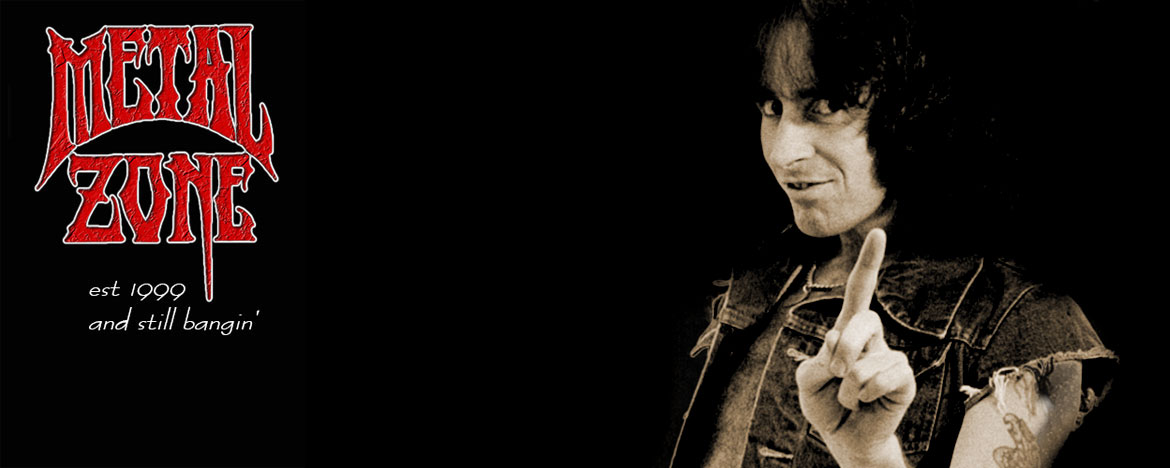Digital Economy Bill bill could 'breach rights'
\r\nAn influential group of MPs and peers has said the\r\ngovernment’s approach to illegal file-sharing could breach the rights\r\nof internet users.\r\n
\r\n
\r\nThe Joint Select Committee on Human Rights said the government’s Digital Economy Bill needed clarification. \r\n
\r\n
\r\nIt said that technical measures - which include cutting off persistent pirates - were not "sufficiently specified". \r\n
\r\n
\r\nIn addition, it said that it was concerned that the Bill could create "over-broad powers". \r\n
\r\n
\r\n
\r\n"The\r\ninternet is constantly creating new challenges for policy-makers but\r\nthat cannot justify ill-defined or sweeping legislative responses,\r\nespecially when there is the possibility of restricting freedom of\r\nexpression or the privacy of individual users," said Andrew Dismore MP\r\nand chair of the Committee. \r\n
\r\n
\r\nA spokesperson for the Department\r\nfor Business, Innovation and Skills (BIS), which oversees the Digital\r\nEconomy Bill, said that government had "always been clear that [its]\r\nproposals to deal with unlawful file-sharing should not contravene\r\nhuman rights". \r\n
\r\n
\r\n’Sweeping powers’\r\n
\r\n
\r\nThe Select\r\nCommittee only examined the parts of the Bill that focus on plans to\r\ntackle illegal file-sharing as well as a controversial amendment to\r\ncopyright law. \r\n
\r\n
\r\n"The concern we have with this Bill is that it\r\nlacks detail," said Mr Dismore. "It has been difficult, even in the\r\nnarrow area we have focussed on, to get a clear picture of the scope\r\nand impact of the provisions." \r\n
\r\n
\r\nThe Digital Economy Bill was outlined in the Queen’s speech in November 2009. \r\n
\r\n
\r\nOne\r\nof the most hotly-debated elements is the so-called "three strikes\r\nrule" that would give regulator Ofcom new powers to disconnect or slow\r\ndown the connections of persistent net pirates. \r\n
\r\n
\r\nThe Committee said it had concerns about "technical measures" like these and how they would be applied. \r\n
\r\n
\r\nFor example, the government has not specified whether a whole\r\nhousehold could be cut off if only one member of a family was\r\nidentified as a persistent file-sharer. \r\n
\r\n
\r\nThe committee said that\r\nmeasures such as this have "the potential to breach internet users’\r\nrights" and had not been "sufficiently specified to allow for an\r\nassessment of proportionality". \r\n
\r\n
\r\nJim Killock of the Open Rights\r\nGroup, which has campaigned against the measures, said that\r\ndisconnecting alleged file-sharers was "draconian and unpredictably\r\ndamaging". \r\n
\r\n
\r\nA spokesperson for BIS said: "slowing down or\r\nsuspending peoples broadband would only be invoked following several\r\nclear warnings". \r\n
\r\n
\r\nAny technical measures would require "secondary legislation", he added. \r\n
\r\n
\r\n"There will be no technical measures imposed at all if the initial measures taken are as successful as we expect." \r\n
\r\n
\r\nThe\r\nCommittee also examined Clause 17 of the bill, which would give the\r\ngovernment the power to amend the copyright law without passing further\r\nprimary legislation. \r\n
\r\n
\r\nThe clause has proved controversial. In\r\nlate 2009, a consortium of web companies including Facebook, Google,\r\nYahoo and eBay wrote to the business secretary Peter Mandelson\r\nobjecting to the clause. \r\n
\r\n
\r\nThe web firms urged MPs to remove the\r\nclause, which they said could give government "unprecedented and\r\nsweeping powers" to amend copyright laws. \r\n
\r\n
\r\nThe Select Committee\r\nsaid that it had been told that changes would be made to the clause to\r\nensure that any amendments to copyright law would be "better\r\nscrutinised by Parliament". \r\n
\r\n
\r\n"Despite this the Committee remains\r\nconcerned that Clause 17 remains overly broad and that parliamentary\r\nscrutiny may remain inadequate," it said. \r\n
\r\n
\r\nThe BIS spokesperson\r\nsaid that government had already tabled "a series of amendments which\r\naim to clarify the breadth and scope of clause 17". \r\n
\r\n
\r\nThe Digital Economy bill is currently being scrutinised by the House of Lords. \r\n
\r\n
\r\nIt\r\nwas dealt a blow recently when Sion Simon, one of the MPs charged with\r\npushing it through parliament, announced he was standing down. \r\n
\r\n
\r\n \r\n
\r\n
\r\n \r\n
\r\n

